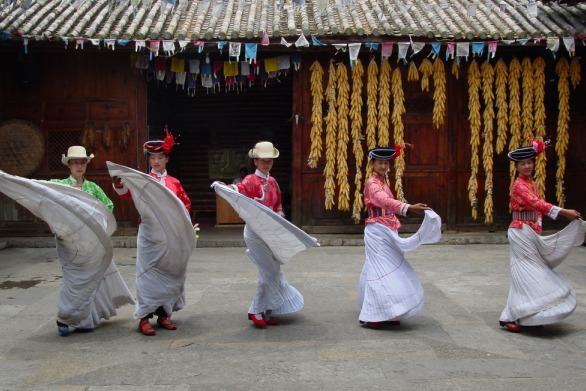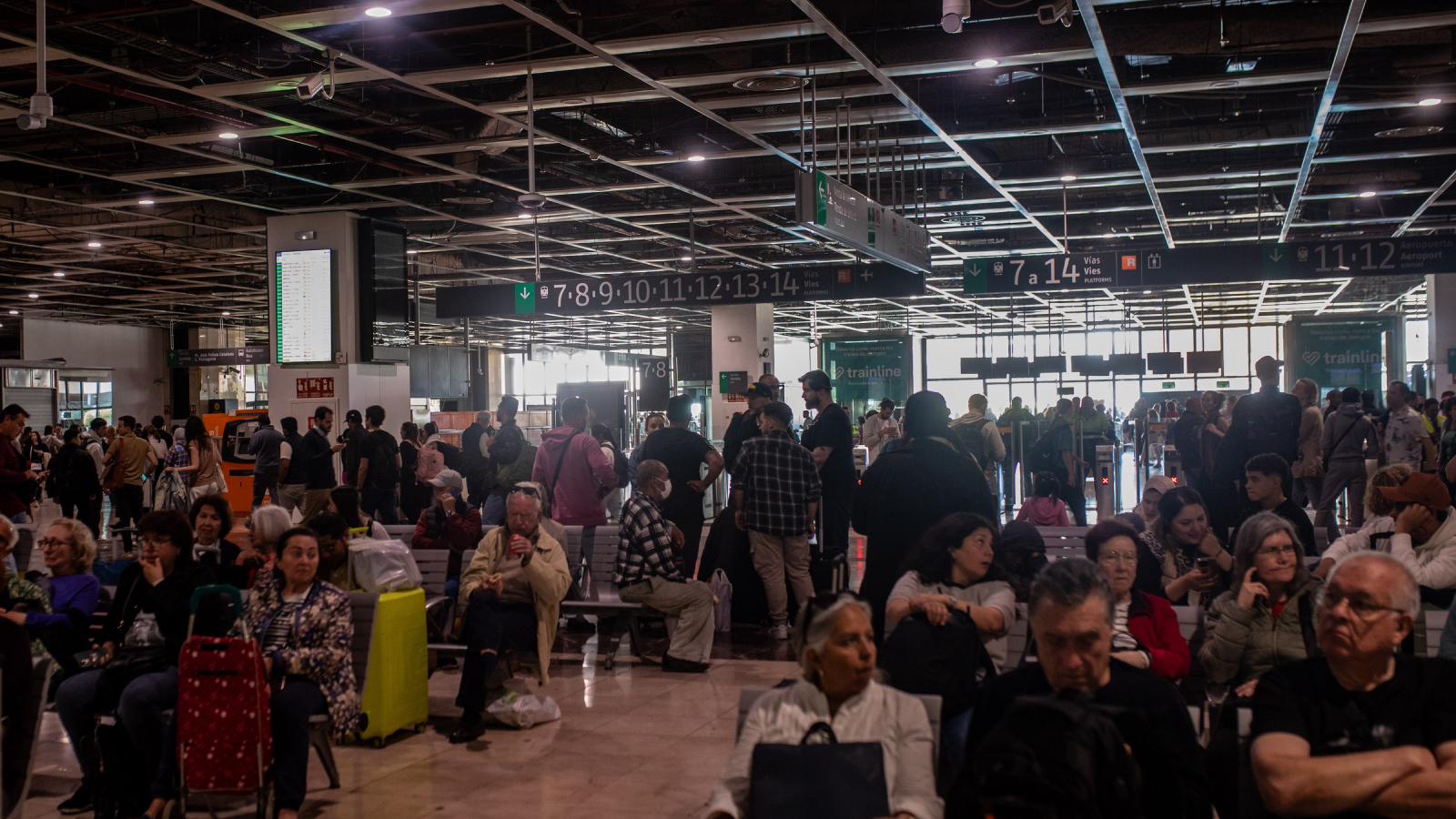
Men in mother-headed households have a better chance of passing on their genes if they support their sisters' kids over their own, new research suggests.
The findings, published today (March12) in the journal Proceedings of the Royal Society B, are based on a matrilineal society in Southwest China called the Mosuo, where men continue to live with their mothers and sisters after marriage and visit their wives at night.
The new research solves a long-standing puzzle in anthropology: why men would invest more in their sisters' children than their own.
"Because they're breeding communally in these groups, that changes the cost-benefits and it becomes more beneficial for the husbands to invest in their natal household, rather than their wife's household," said study co-author Ruth Mace, an evolutionary anthropologist at the University College London.
Matrilineal puzzle
For years, scientists have wondered why men in matrilineal societies, where descent is traced through the mother's family, sometimes put more resources into their sisters' offspring over their own.
In theory, men might be uncertain their children are really theirs. But for that to explain the phenomenon, men would have to raise someone else's children two-thirds of the time, an astonishing amount in even the most freewheeling of societies, Mace told LiveScience. [6 Scientific Tips for a Successful Marriage]
Sign up for the Live Science daily newsletter now
Get the world’s most fascinating discoveries delivered straight to your inbox.
To solve the puzzle, Mace and her colleagues created a mathematical model to predict the evolutionary fitness of different levels of investment in the Mosuo tribe. Men and women live in their birth households, with husbands visiting their wives (or other women) at night. Men work farmland to support their nieces and nephews, not their own children.
Sisters' kids
The team found the strategy makes sense given that people were living and rearing children in communal households with many siblings. When a man lives with just one sister, on average, it makes more evolutionary sense to invest in his own children.
But once he has two or three sisters living with him, working for his birth family is the smarter option, because his sisters' children are at least somewhat related to him. By contrast, supporting his children also means providing resources for his wife's nieces and nephews — none of whom are related to him.
The findings help researchers understand a long-standing problem, said Donna Leonetti, an anthropologist at the University of Washington who studies matrilineal societies, but was not involved in the research. "It was a really clever, good analysis of an issue that's really confounded a lot of people for a long time," Leonetti said.
But things are changing for the Mosuo. With tourism cropping up in the area, many couples are setting up house on their own to run hotels, which could be changing their family structure, Mace said.
Follow Tia Ghose on Twitter @tiaghose. Follow LiveScience on Twitter @livescience, Facebook & Google+. Original article on LiveScience.

Tia is the managing editor and was previously a senior writer for Live Science. Her work has appeared in Scientific American, Wired.com and other outlets. She holds a master's degree in bioengineering from the University of Washington, a graduate certificate in science writing from UC Santa Cruz and a bachelor's degree in mechanical engineering from the University of Texas at Austin. Tia was part of a team at the Milwaukee Journal Sentinel that published the Empty Cradles series on preterm births, which won multiple awards, including the 2012 Casey Medal for Meritorious Journalism.









